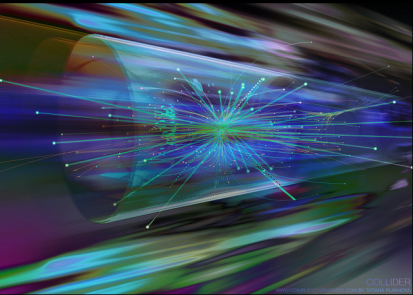
I have been reading a groundbreaking report, the world’s first comprehensive study on how to achieve a“Net-Zero by 2050: a roadmap for the global energy system“(referred to as NZE here in this link). It is produced by the International Energy Agency (IEA)
Why is this so important? Well, it is about the most dramatic change in our Energy Systems globally and emphasised that this decade is pivotal to reaching the targeted goal of net-zero by mid-century. Each decade will bring dramatic change to all of our lives. Our planet is under significant threat of global warming that will impact how we can live and perhaps survive.
This 2050 target is in line with the 2015 Paris Agreement, the foundations of global consensus to limit the rise in global temperature to 1.5c. This requires nothing short of a total transformation of the energy systems, a complex “beast” that provides us with the basic energy sources we need to survive, live, build and grow.
The report sets out a cost-effective and economically productive pathway, resulting in a clean, dynamic and resilient energy economy dominated by renewables like solar and wind instead of fossil fuels. The report also examines key uncertainties, such as the roles of bioenergy, carbon capture and behavioural changes in reaching net zero.
The Energy System is a complex Ecosystem.
 Sustainability has become a hot topic in the corporate board rooms across the globe in the past year. The World Economic Forum held a virtual forum for business leaders to determine a set of Stakeholder Capitalism Metrics – universal, comparable disclosures that focused on people, planet, prosperity and governance on which companies can report, regardless of industry or region. This was held in January 2020 with a direct result of a consultant paper
Sustainability has become a hot topic in the corporate board rooms across the globe in the past year. The World Economic Forum held a virtual forum for business leaders to determine a set of Stakeholder Capitalism Metrics – universal, comparable disclosures that focused on people, planet, prosperity and governance on which companies can report, regardless of industry or region. This was held in January 2020 with a direct result of a consultant paper 




 Anyone involved in the Energy world knows how complex it has become.
Anyone involved in the Energy world knows how complex it has become. Can you imagine a Hydrogen Ecosystem being created and organized, that needs to influence and shape national strategies for energy, provide education and understandings, suggest and provide regulations, standardization, infrastructure, and incentive suggestions and encourage solutions that need to scale?
Can you imagine a Hydrogen Ecosystem being created and organized, that needs to influence and shape national strategies for energy, provide education and understandings, suggest and provide regulations, standardization, infrastructure, and incentive suggestions and encourage solutions that need to scale? Understanding any health issue is complicated enough, in how a doctor works through the alternatives as a “pattern recognition” when someone sick seeks help. The diagnostic process is a complex transition process that begins with the patient’s personal illness history to achieve a result that can be categorized so solutions can then be applied.
Understanding any health issue is complicated enough, in how a doctor works through the alternatives as a “pattern recognition” when someone sick seeks help. The diagnostic process is a complex transition process that begins with the patient’s personal illness history to achieve a result that can be categorized so solutions can then be applied.